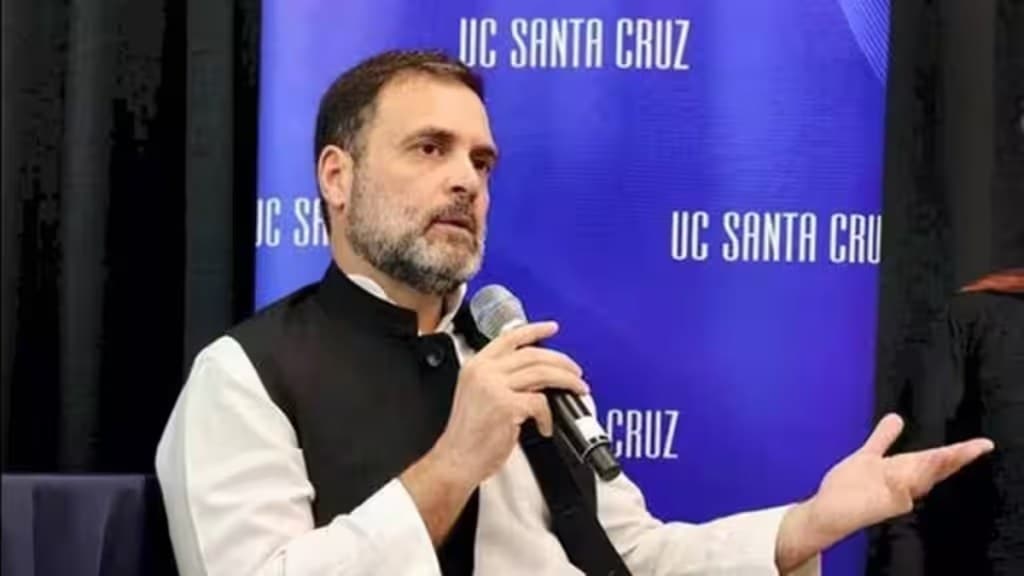The Supreme Court on Friday began hearing of plea filed by Congress leader Rahul Gandhi challenging the Gujarat High Court’s decision that denied suspending his conviction and subsequent two-year jail term in the Modi surname defamation case.
The apex court has issued notices to complainant and BJP leader Purnesh Modi and the Gujarat government. A reply will have to be filed in 10 days. The court has also posted the matter for hearing on August 4.
The appeal was officially filed on July 15, with Rahul Gandhi asserting that if the Gujarat court judgment is not stayed, it would have severe implications on the fundamental rights of free speech, expression, thought, and the right to make statements.
Also Read: SC to hear Rahul Gandhi’s plea seeking stay on conviction in defamation case on July 21
In his plea, Rahul Gandhi emphasised the potential consequences of the conviction not being put on hold, stating, “It would contribute to the systematic, repetitive emasculation of democratic institutions and the consequent strangulation of democracy which would be gravely detrimental to the political climate and future of India.”
The ‘Modi surname’ defamation case stems from a criminal complaint filed by BJP leader Purnesh Modi against Rahul Gandhi for his remark made during an election rally in Kolar, Karnataka on April 13, 2019. During the rally, Rahul Gandhi had asked, “How come all thieves have Modi as the common surname?”, which triggered a legal battle between the two political figures.
Subsequently, on March 23, a Gujarat magisterial court found Rahul Gandhi guilty in the criminal defamation case and handed him a maximum term of two-year prison sentence. This conviction also led to his disqualification as a Member of Parliament (MP) under the Representation of People Act.
The Lok Sabha Secretariat notified his disqualification as MP from Kerala’s Wayanad on March 24, dealing a significant blow to the Congress leader’s political career. The RPA bars political leaders from contesting elections for six years after their sentence has concluded.
Since his conviction, Rahul Gandhi has relentlessly pursued legal avenues to secure a stay on the judgement. He had previously approached both the session court and the Gujarat High Court for relief, but his pleas were rejected, prompting him to take the matter to the highest judicial authority in the country, the Supreme Court.

